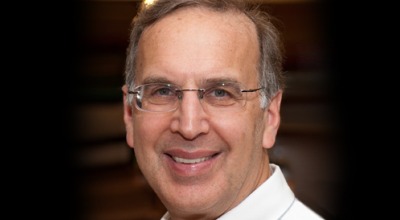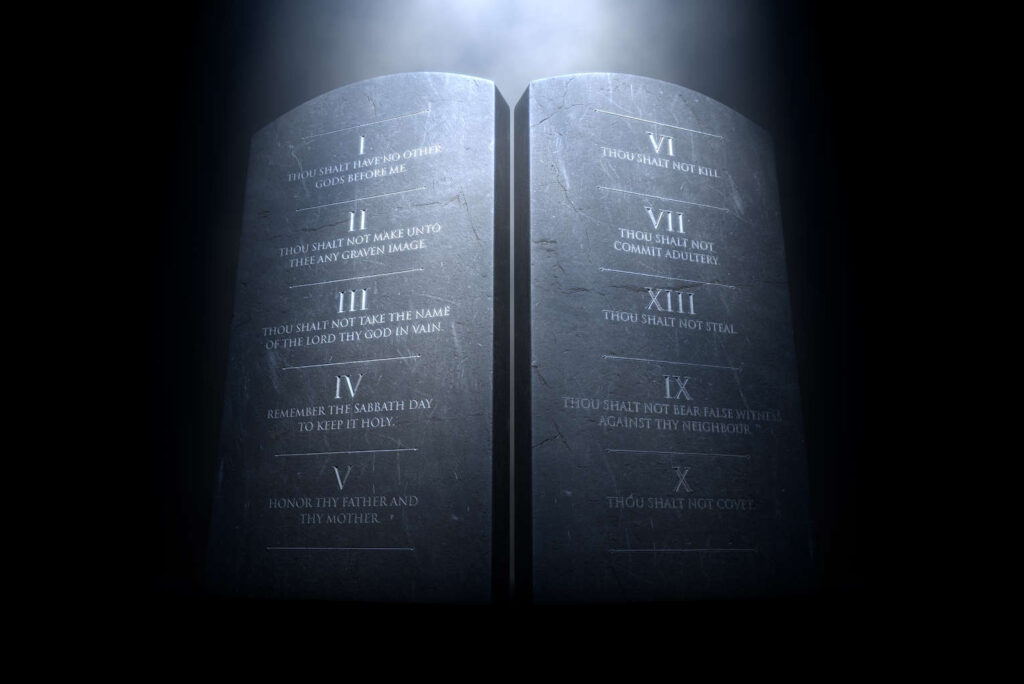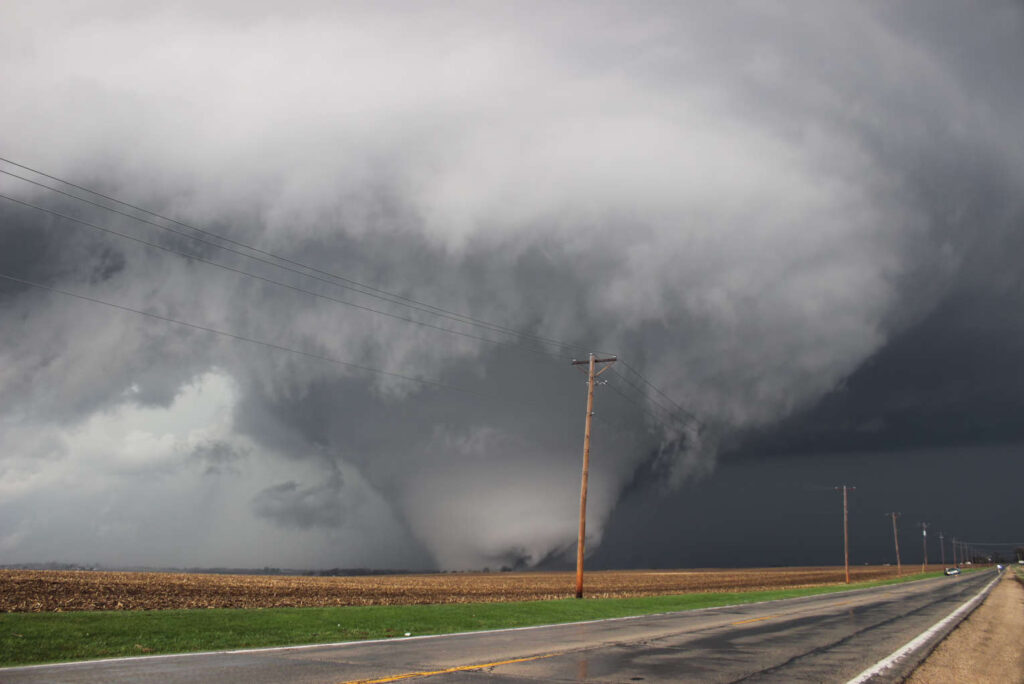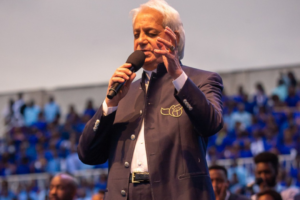Rabbi Sidney Schwarz sees a divide between generations of American Jews that could spell disaster for the community.
One generation he calls “legacy” or “tribal” Jews—those who built the national organizations and synagogues that have served for decades as the backbone of American Jewry. But reams of statistics show legacy Jews have enjoyed limited success attracting younger Jews.
The other is what he calls “covenantal” or “innovation sector” Jews, a younger generation that has founded a myriad of niche Jewish organizations—environmental, social justice and political—that can, in Schwarz’s vision, build on their parents’ work toward a more brilliant American Jewish future.
In a new book, “Jewish Megatrends: Charting the Course of the American Jewish Future,” Schwarz says the upstart generation cares deeply about Judaism—but draws on its spiritual legacy more than a sense of tribal solidarity.
Schwarz, who lives outside Washington, D.C., and has worked in both sectors of American Judaism, talked about the conversation American Jews need to have among themselves to preserve their collective future. The interview has been edited for length and clarity.
What’s wrong with the way that Jewish America organizes itself?
The problem is that the institutions that have guided the community for the better part of 100 years are too much in touch with their base. They’re committed to serving the people they consider loyalists, and they assume the next generation will fall into line. I wrote this book to send up a flare that that’s not going to happen.
What can this new “innovation sector” of American Jewish life offer younger Jews, who are far less likely than their parents to join synagogues, Jewish federations and groups like B’nai B’rith?
The Jewish community was becoming less progressive in the 1980s, and Jews whose political affiliations skewed left were feeling disaffected. In response, you had an array of organizations crop up, ranging from Jewish Funds for Justice, to Mazon doing hunger relief, to the American Jewish World Service doing development work, to the Institute for Jewish Spirituality. They’ve proven for more than a decade that they can identify a market that the legacy sector can’t seem to capture.
So should the oldsters just hand the car keys to your young innovators?
I believe the future lies in the two sectors collaborating. Each sector is at risk in different ways. The legacy sector’s membership and its budgets are declining. They can’t capture the next generation of Jews. The innovation sector is organizationally immature. Organizations pop up on the innovation screen, and everyone is so excited, journalists write about them—and then five years later they’re gone.
If some of the resources and the know-how of the legacy sector were shared with the innovation sector, you’d have a way to win.
There’s tension between the two groups on Israel. Is that a sticking point in getting them to cooperate? I’m thinking of J Street, an organization that attracts Israel supporters who find the American Israel Public Affairs Committee too hawkish.
Israel is definitely a flash point. The Jewish community in America has very low tolerance for dissent around Israel. And if you are an organization that wants to challenge the policy of the State of Israel on any front, you are going to incur the wrath of large powerful forces.
In some cases, these new organizations love that conflict. When J Street came about, there was a strong effort to marginalize them, to portray them as not loyal to Israel. J Street parlayed that into astronomic growth over their first three years.
Where do the Orthodox and ultra-Orthodox fit into your landscape of American Judaism? What about Chabad, the Brooklyn-based Hasidic organization, which is running programs that attract Jews of varying levels of observance the world over?
Chabad has kind of written the playbook on innovation, and legacy organizations can learn much from Chabad. The two things they do right are one, they don’t judge you, and two, they set a high bar. The ethos of legacy organizations has been that the only way to interest non-Orthodox Jews in being Jewish is to deliver “Jewish lite” or watered-down Judaism. That totally doesn’t work.
What next-generation Jews want is something that’s authentic. The Orthodox, they get serious Judaism. The challenge will be: Can we create a non-Orthodox brand of Judaism that’s equally serious?
See an error in this article?
To contact us or to submit an article
























